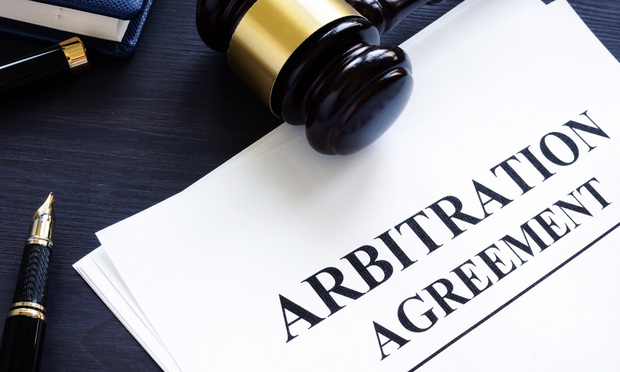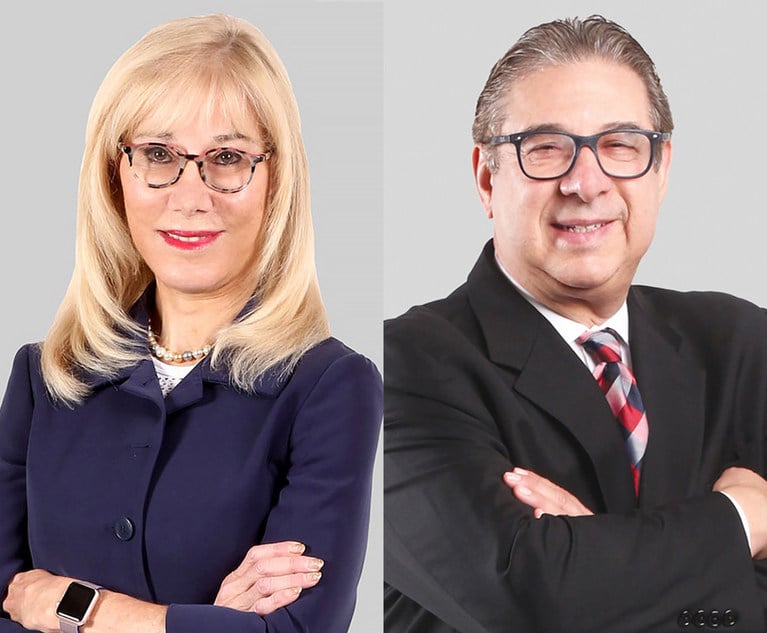In 1964, Congress revised the wording of 28 U.S.C. Section 1782. Section 1782 is titled “Assistance to foreign and international tribunals and to litigants before such tribunals.” Prior to 1964, a district court could issue a discretionary discovery order for use “in any judicial proceeding pending in any court in a foreign country.” After 1964, a district court could decide to order discovery to provide assistance “in a proceeding in a foreign or international tribunal, including criminal investigations conducted before formal accusation.” To obtain such assistance an “interested person” had to request that a district court order that “testimony” or a “statement be given” or that a “document or other thing be produced” by a person (individual or corporation) residing in or found within the district. The discovery order would prescribe the “practice and procedure” to be utilized, “which may be in whole or part the practice and procedure of the foreign country or the international tribunal.”
Since the scope of discovery available in U.S. courts is far more expansive than that of most foreign jurisdictions, litigants involved in legal proceedings outside the U.S. have applied to American courts to obtain evidence in accordance with Section 1782(a). For many years, district courts and appellate courts disagreed as to: the scope of discovery available; who may file a 1782 request; at what stage in a foreign or international proceeding could a 1782 order be granted; whether the requested evidence had to be “discoverable” in the foreign jurisdiction; and the meaning of the term “tribunal.”


 Shutterstock image
Shutterstock image




